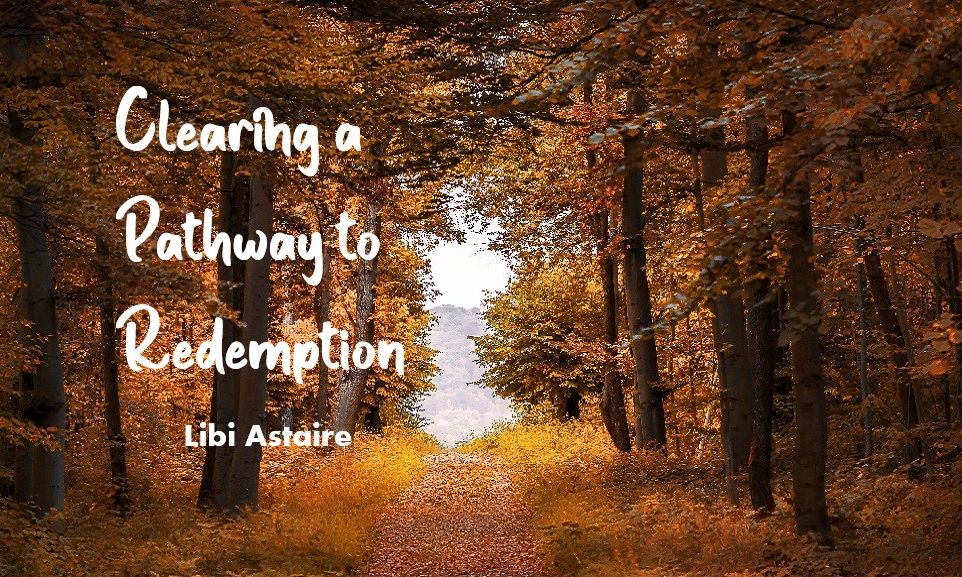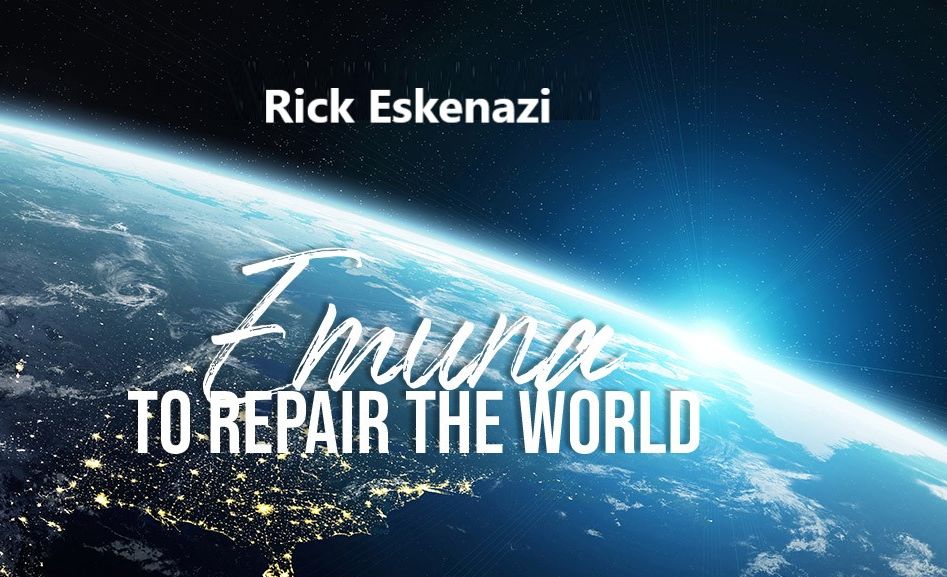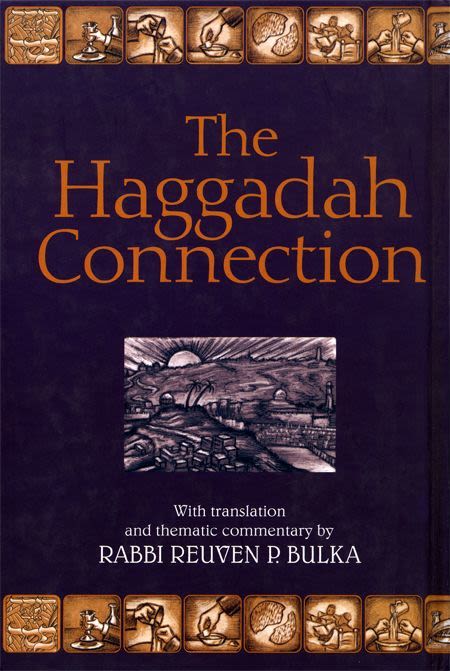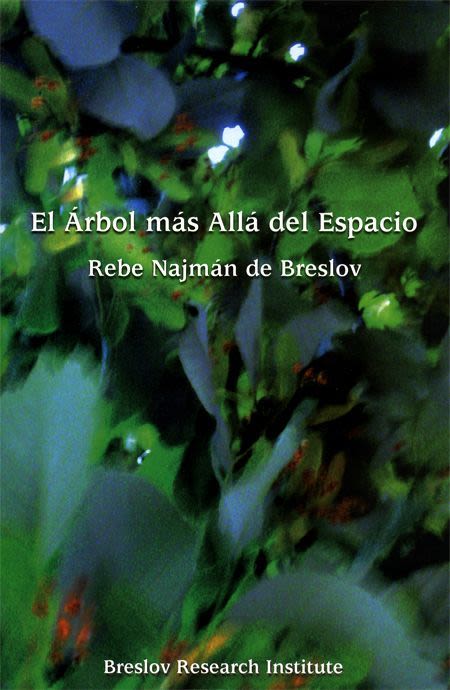
Clearing a Pathway to Redemption
When a person is filled with this desire to understand the Divine wisdom and learn from everything around her, the world becomes a very different place...

Av: Clearing a Pathway to Redemption
As we approach the ninth day of the month of Av, the day when both the First and Second Temples were destroyed, it is only natural to have mixed feelings.
On the one hand, there is perhaps no other time of the year when we are so focused on the Temple. We contemplate with joy the time – which, God willing, is not so far off – when the Third and final Temple will be rebuilt and peace will reign throughout the world. But on the other hand, we are painfully aware that another year has passed by and the time of rebuilding has not yet come.
Our Sages tell us that in every generation where the Temple is not rebuilt, it is as if this generation has also had a part in the Temple’s destruction. It therefore behooves us to use the days leading up to the Ninth of Av wisely and to think about what we can do to bring about the rebuilding of the Temple in our times.
The task of rebuilding the Temple is not just the work of the leaders of the generation. We are all responsible for doing our bit to clear away the obstructions that are blocking the pathway to redemption. So in a sense we all need to be leaders – even if we are only leaders of our own selves – and therefore it is helpful to review some of what our commentators have to say about the qualities that make a good leader.
Wisdom for the Wise-Hearted
As the 40-year period of exile in the Sinai wilderness came to a close, Moshe (Moses) – who knew that he would not be able to enter the Land of Israel – asked God to give the Jewish people a new leader.
God replied that He had chosen Yehoshua ben Nun (Joshua ben Nun) for the job because he was “a man in whom there is spirit” (Bamidbar 27:18). What does it mean to be a person who has “spirit” (ruach) in him?
As Rabbi Aryeh Kaplan points out in his book Innerspace, ruach is a state of consciousness that enables Divine information to be communicated. But this is not a passive communication. Having ruach means being able to both receive this information and make use of it by making responsible decisions that are in accordance with the Divine will.
Although ruach is one of the five levels of soul that everyone has, not everyone has full access to this level of soul. The Talmud (Berachot 55a) tells us that God gives wisdom only to one who already has wisdom, as it says in Shemot 36:1: “And in the hearts of all that are wise-hearted, I have put wisdom.”
Why would God give the gift of wisdom to those who are already wise? Wouldn’t it make more sense to give wisdom to those who lack it?
Rabbi Ovadia Sforno, a 16th century commentator, says that in order to receive Divine wisdom, a person has to first prepare a vessel to receive this “light.” This vessel is the “wise heart” referred to in the verse quoted above from Shemot.
According to this line of thought, wisdom is therefore not what we already know. It is a state of mind that enables us to be open to the Divine messages that God is sending us every day through the things that happen to us and the people that we encounter. It is a desire to understand, as much as it is an ability to learn.
When a person is filled with this desire to understand the Divine wisdom and learn from everything around her, the world becomes a very different place. We no longer view others as being at best “scenery” or, at worst, obstacles that prevent us from getting what we want. Instead, we suddenly feel a connection with – and even a gratitude for – these teachers that God has sent us.
This sense of connection enables a person to develop a second quality essential for a leader – empathy.
Empathy – the ability to feel another’s pain or anxiety or joy – has been the hallmark of the great Jewish leaders throughout the generations. But these leaders have gone even one step further. Because they so closely identified with the cares and sorrows of their followers, they shouldered their burdens as their own. Just as they moved heaven and earth to resolve their own problems or the problems of their family members, so, too, did they do everything possible to help others in their communities.
Yet it was not just the great rabbis who were involved in helping others. Stories abound – even in our own times – of “simple Jews” who raised incredible amounts of money to marry off orphans, or devoted time to care for the sick or personally maintained the upkeep of Torah institutions in their town. They, too, prepared for themselves a vessel – a wise heart – that enabled them to see where they fit into God’s plan for the world and helped them understand where they were most needed.
Ending the Isolation
On Tisha B’Av, the ninth day of the month when we mourn for the destroyed Temples, we read the Book of Lamentations. The book begins with this heart-rending verse describing Jerusalem: “How does the city sit solitary.”
The Hebrew word that is used to describe the solitary state of Jerusalem is badad. The first time the word badad is used in the Torah it does not refer to a pleasant state of solitude – such as when a person takes a solitary walk along the beach at sunset to relax or receive inspiration from nature.
Instead, badad describes the state of the person who is in quarantine because he has been diagnosed with Biblical leprosy. This type of leprosy came as a punishment if a person spoke lashon hara – gossip or slander about another person. Because the person tried to destroy good relationships between people through his harmful words, he had to endure solitary confinement in a place outside of the Israelite camp so that he could reflect upon his deeds in silence.
According to our Sages, the Second Temple was destroyed because of “causeless hatred,” which gave rise to an epidemic of lashon hara. The result was that the city of Jerusalem – which was once known for the wisdom of its people and the beauty of its buildings – now sat solitary: abandoned by its residents, who had been sent into exile, and isolated from the rest of the world.
The only way this isolation can be ended – and the Final Redemption can begin – is if the Jewish people heal the rifts that divide them. But this is not just a task for the leaders of the generation.
Each one of us is a leader within our own world, whether we are community leaders, parents and teachers or students and siblings. We can all create for ourselves that wise heart that will enable us to feel connected to others and reach a spiritual level where we recognize that God has put us in contact with our family, friends and neighbors for a reason.
One of the reasons why we are here in this world is to give concrete help and support to others. When we extend a helping hand – and when we realize that every request for help from others is really a call for growth for ourselves – then we are doing much more than just building good relationships between members of our community. We are also clearing a pathway to Redemption and building the foundations of the Third Temple.
May we see the building of the Third Temple speedily and at once, and may we merit to see the time when the Ninth of Av will be turned into a day of gladness.
***
Libi Astaire is the author of Choose Light! Chassidic Tales for Chanukah, Rosh Hashanah, Sukkos, Passover & Shavuos; Breakfast with Rav Zusha and Other Stories to Wake Up Your Soul; and the award-winning Jewish Regency Mystery Series. Visit her website for more information about these and other books.










Tell us what you think!
Thank you for your comment!
It will be published after approval by the Editor.